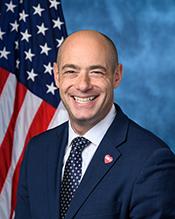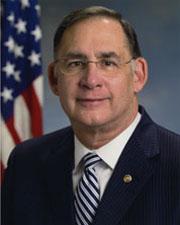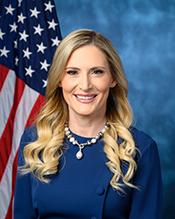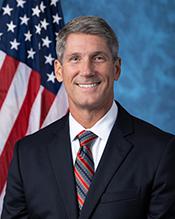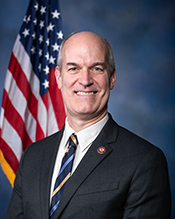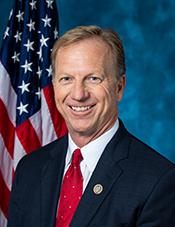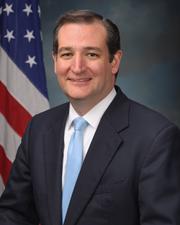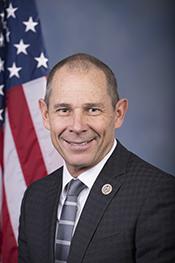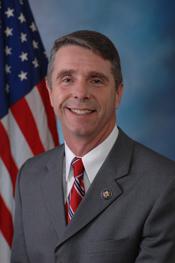H.R. 216: Securities Enforcement Clarity Act of 2025
This bill, known as the Securities Enforcement Clarity Act of 2025, proposes changes to several key U.S. securities laws, specifically the Securities Act of 1933, the Securities Exchange Act of 1934, the Investment Company Act of 1940, and the Investment Advisers Act of 1940. The main focus of the bill is to clarify how violations of these laws are determined, particularly in terms of imposing penalties.
Key Provisions
1. Definition of Violations
The bill introduces specific language that establishes how to count violations for the purpose of determining penalties. It states that separate acts of noncompliance may be considered a single violation under certain conditions. These conditions include:
- If the acts stem from a common or substantially overlapping cause.
- If they involve the same misstatement or omission.
- If there is a continuing failure to comply with the law.
2. Amendments to Various Acts
The bill makes amendments to the following acts:
- Securities Act of 1933: Changes sections that relate to determining the number of violations for penalties.
- Securities Exchange Act of 1934: Modifications are made to sections that determine how violations are counted for penalties.
- Investment Company Act of 1940: Similar amendments for counting violations as per the new definitions proposed.
- Investment Advisers Act of 1940: Adjustments to the sections that specify how violations are assessed for penalties.
Each of these amendments emphasizes that separate acts of wrongdoing may not be treated as multiple violations if they meet any of the three specified criteria (common cause, same misstatement, or ongoing failure). This change aims to ensure that penalties are more proportionate to the underlying behavior.
Implications
The intended outcome of the bill is to provide clarity and consistency in how securities laws are enforced regarding the assessment of violations. This could potentially reduce the burden of penalties on companies and financial advisors who may currently face multiple penalties for interconnected infractions.
Relevant Companies
- GS - Goldman Sachs: As a major financial institution, Goldman Sachs may be significantly impacted by these changes, especially in how compliance failures are evaluated, potentially leading to fewer penalties for overlapping issues.
- JPM - JPMorgan Chase: This bank may find that its exposure to penalties for certain compliance violations could be reduced under the new definitions, affecting its operational risk management strategies.
- MORL - Mortgage REITs: Companies within this sector may benefit from the clarity on how violations are aggregated, influencing their regulatory compliance approaches.
This is an AI-generated summary of the bill text. There may be mistakes.
Sponsors
1 sponsor
Actions
2 actions
| Date | Action |
|---|---|
| Jan. 07, 2025 | Introduced in House |
| Jan. 07, 2025 | Referred to the House Committee on Financial Services. |
Corporate Lobbying
0 companies lobbying
None found.
* Note that there can be significant delays in lobbying disclosures, and our data may be incomplete.



